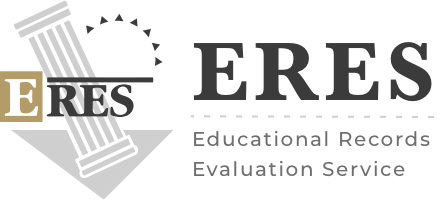The Importance of Recognizing Foreign Degrees
Employers recognize the value of diversity and the unique perspectives individuals with international educational backgrounds bring to the workplace. Acknowledging foreign degrees is crucial for accessing a diverse pool of highly skilled and qualified candidates.
It demonstrates an inclusive and global mindset within the organization and fosters an environment that embraces different cultures, ideas, and experiences. By recognizing foreign degrees, employers can tap into a wealth of talent and expertise from around the world, enriching their workforce and enhancing their competitive advantage.
Understanding the Credential Evaluation Process
Credential evaluation is a meticulous process that involves assessing foreign educational credentials’ authenticity, comparability, and equivalency to those in the USA. Accredited credential evaluation organizations play a vital role in this process. These organizations have the expertise and knowledge to evaluate educational credentials from various countries, ensuring fairness, consistency, and reliability in the assessment.
Evaluators meticulously review academic transcripts, degree certificates, course descriptions, and other relevant documents to determine the level and compatibility of foreign degrees with the US education system.
Accredited Credential Evaluation Organizations
Recognition of Foreign Degrees in the USA
- Accreditation: Familiarize yourself with international accreditation standards and organizations to determine the credibility of foreign educational institutions. Look for degrees from accredited institutions as an indicator of quality education. Accreditation ensures that the institution meets specific educational standards and that the degree programs have undergone a rigorous review process.
- Comparative Analysis: Seek evaluation reports from reputable organizations that compare foreign degrees against the US education system. These reports highlight the equivalency of the foreign degree in terms of educational level, credits, and specialization. Evaluators assess the content, depth, and rigor of the foreign degree program, comparing it to similar programs in the US to determine its equivalency.
- Professional Associations and Licensing Boards: Consult professional associations and licensing boards in relevant fields to understand their recognition and requirements for foreign degrees. These organizations have expertise in evaluating the qualifications needed for specific professions and can guide the recognition of foreign degrees within their industries. They may specify additional requirements or examinations that candidates with foreign degrees need to fulfill to meet professional standards.
Regional Differences and Country-Specific Considerations
Utilizing Evaluation Reports in Hiring Decisions
Unlock Global Talent & Navigate Credential Evaluation
Recognizing foreign degrees is essential for employers in today’s global job market. Embracing international talent not only enriches the workforce but also contributes to the overall success and competitiveness of businesses in the United States.
By understanding the basics of credential evaluation for employment and relying on accredited organizations like ERES, employers can effectively assess the qualifications of candidates with non-US educational backgrounds. Contact us today to learn how we can help you streamline your hiring processes with our accredited credential evaluation services.





